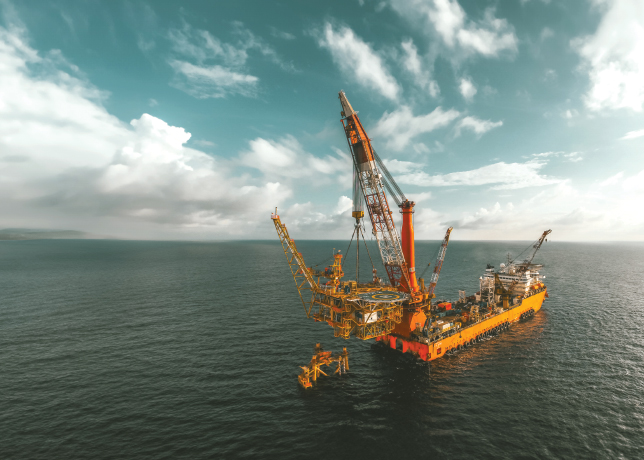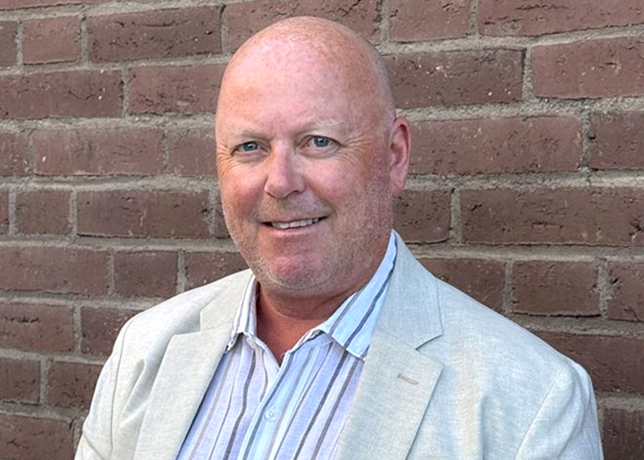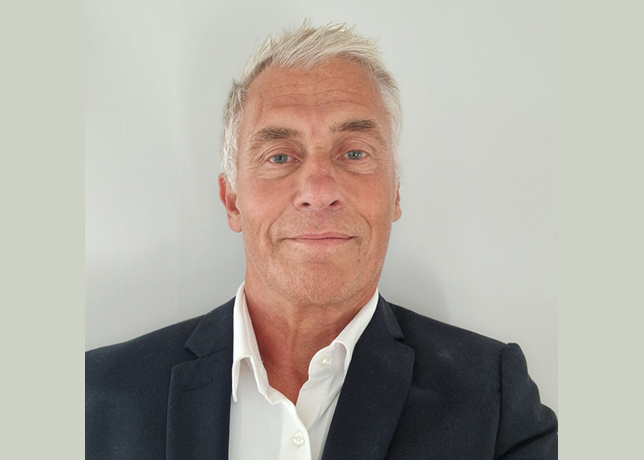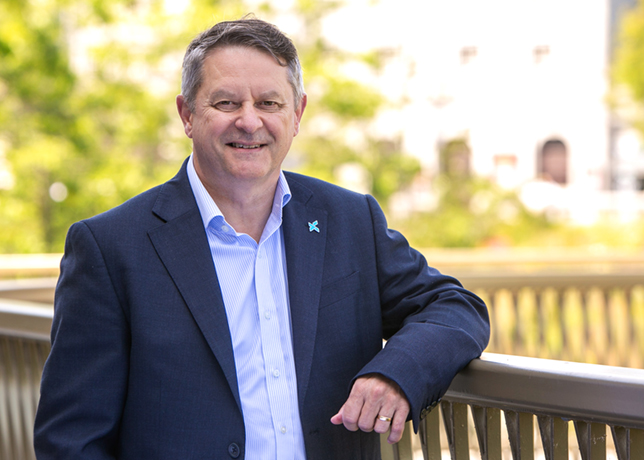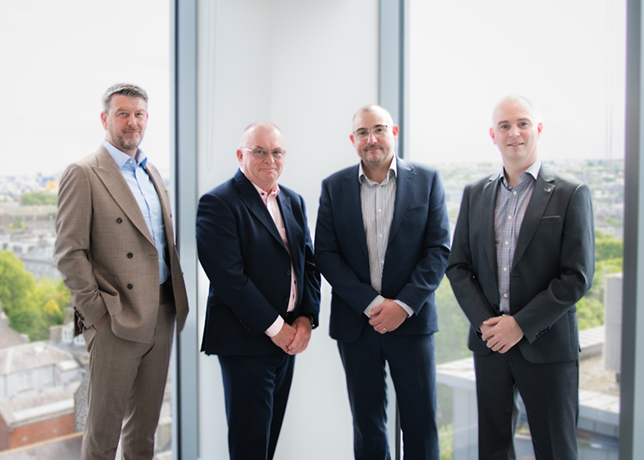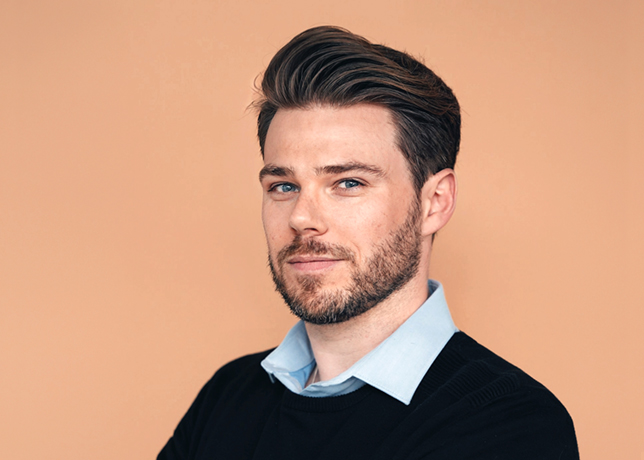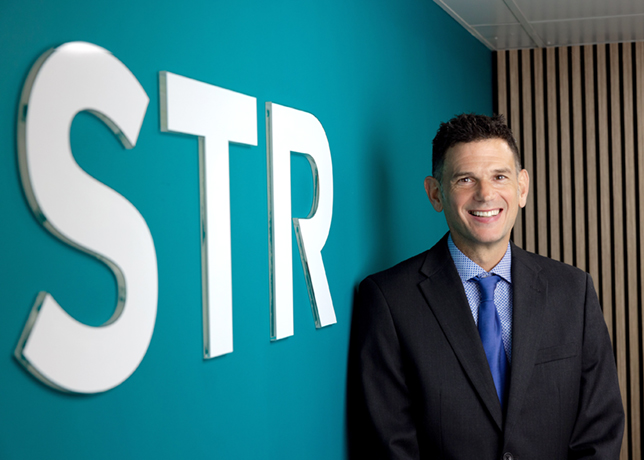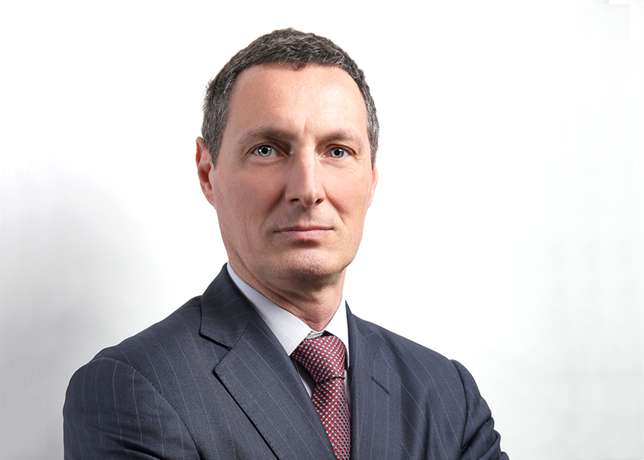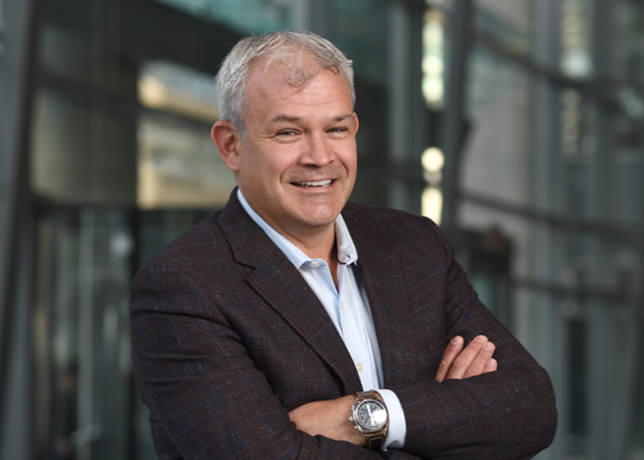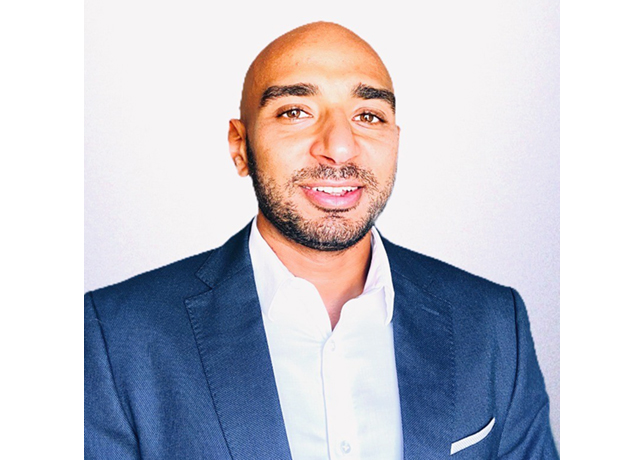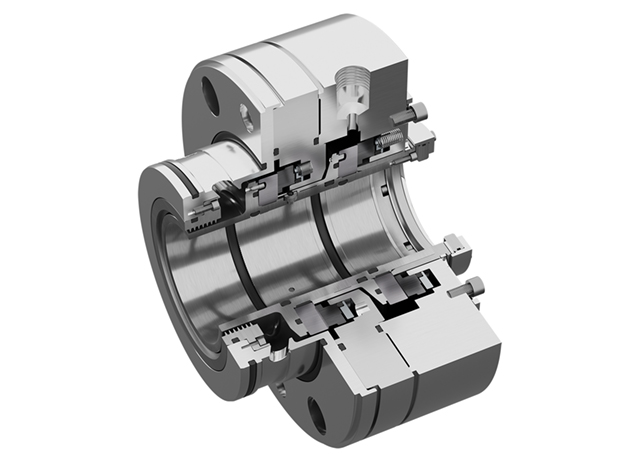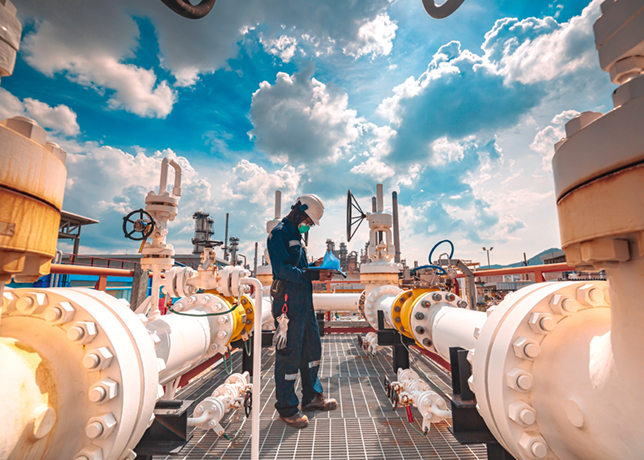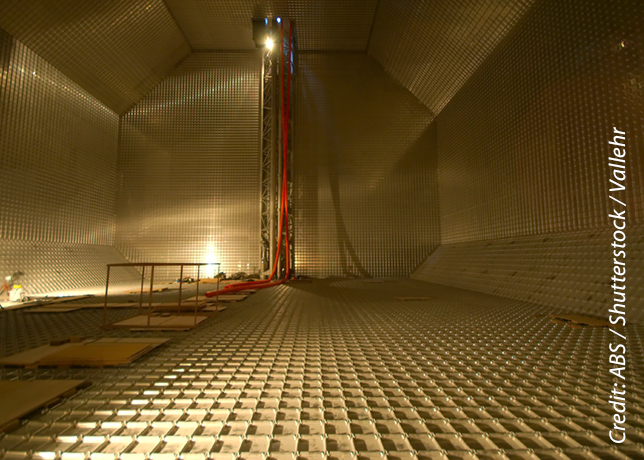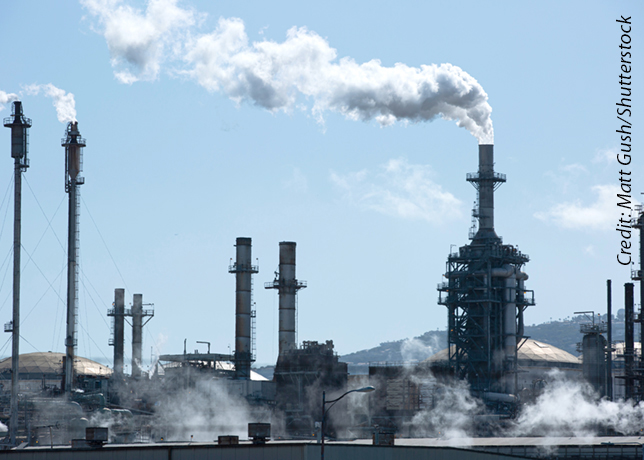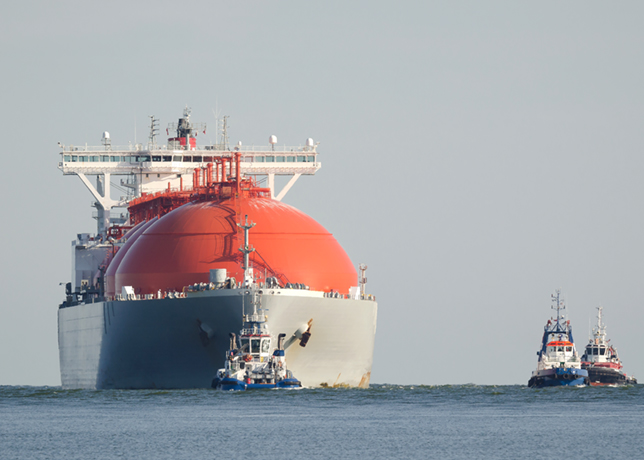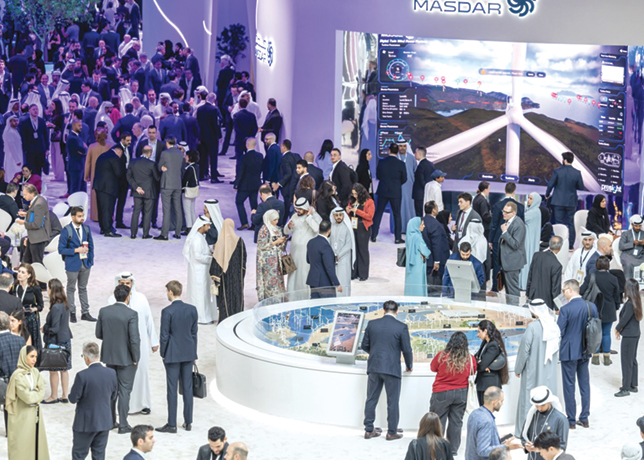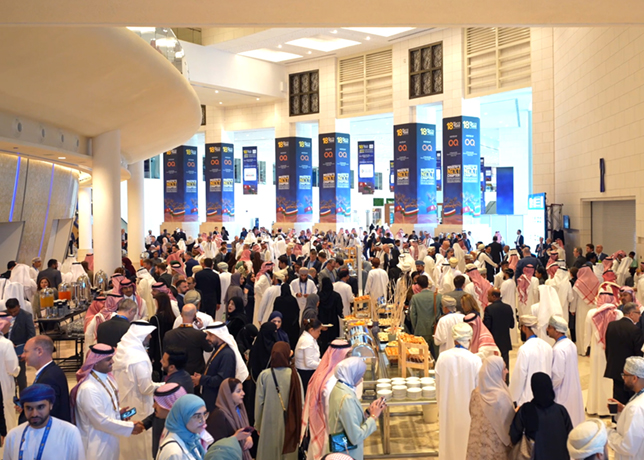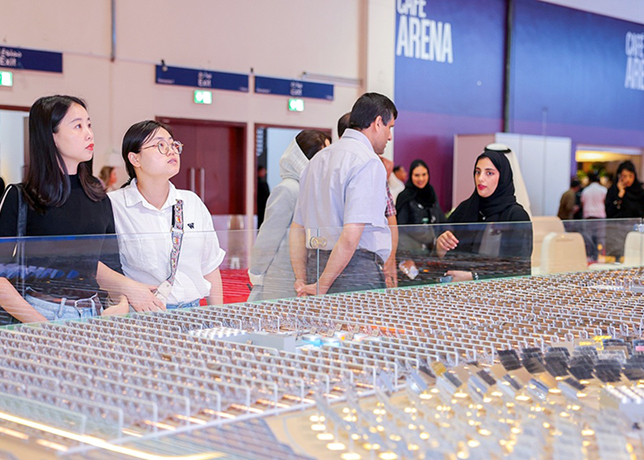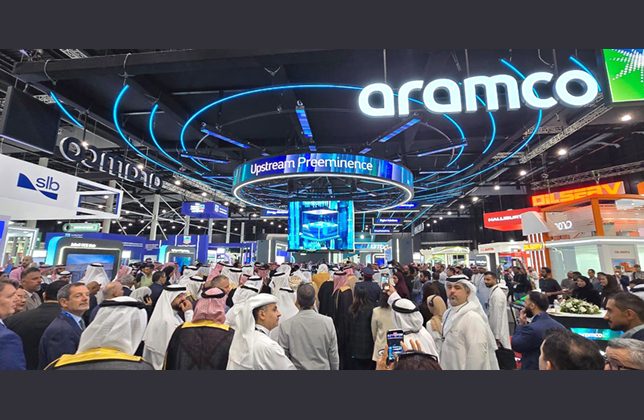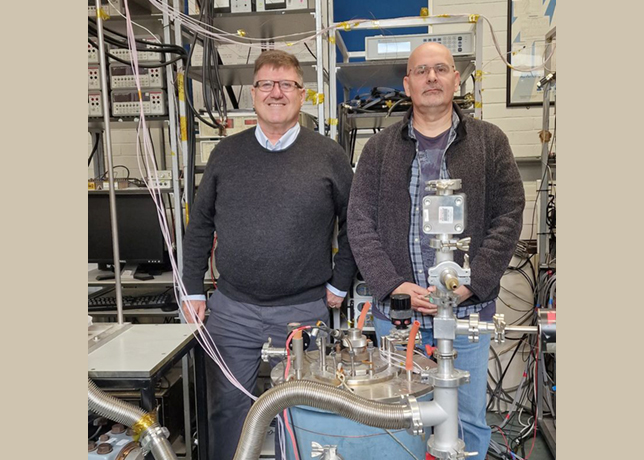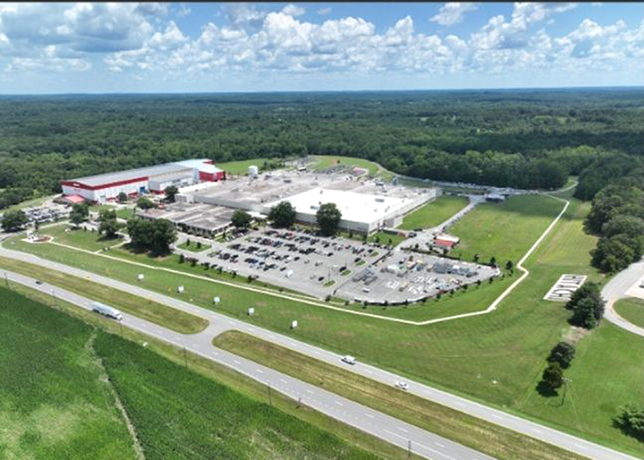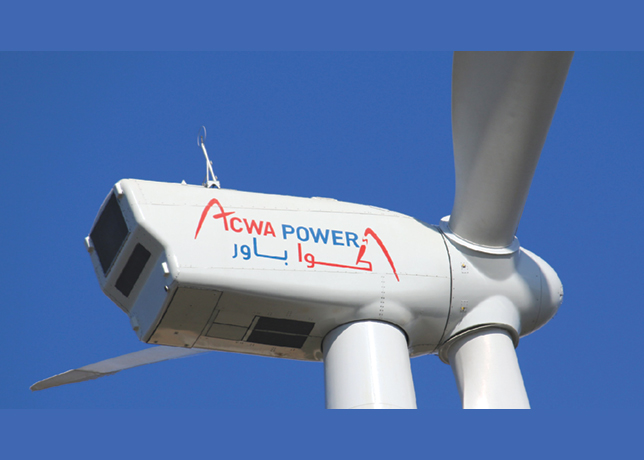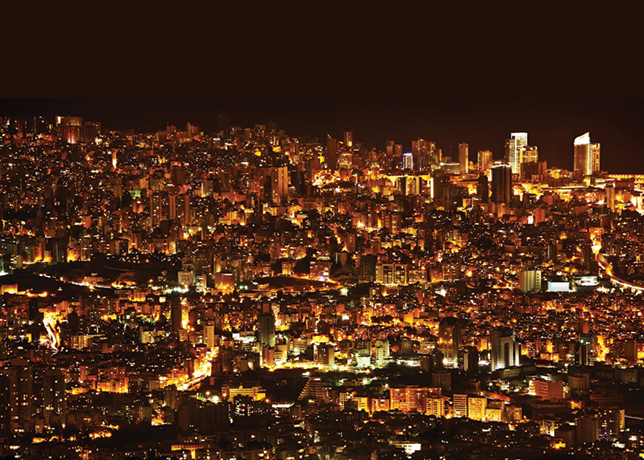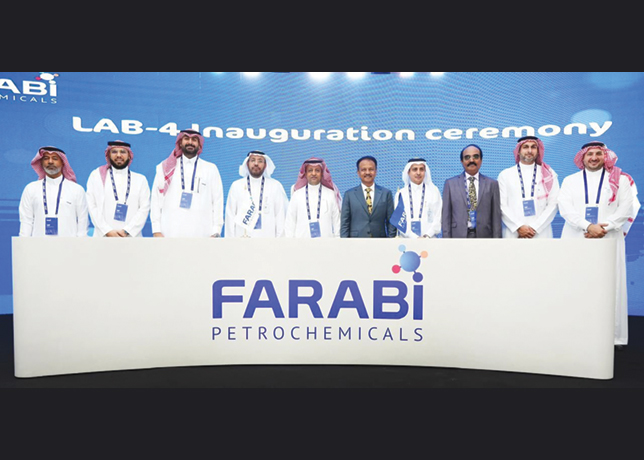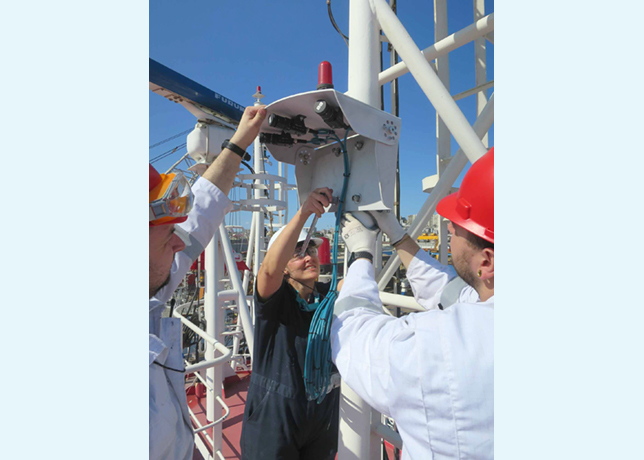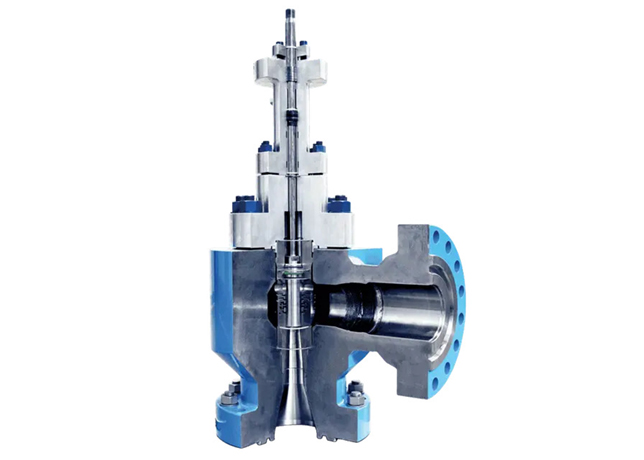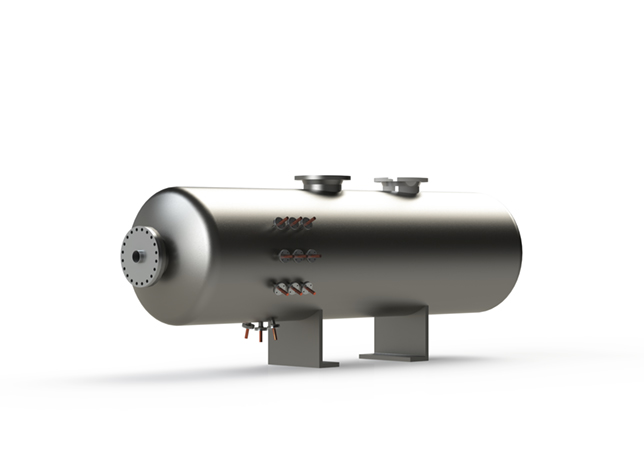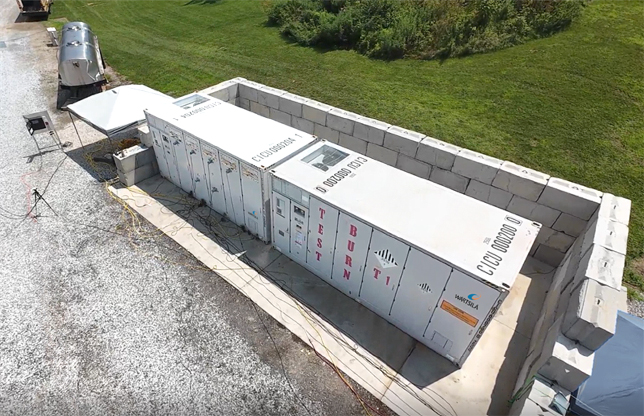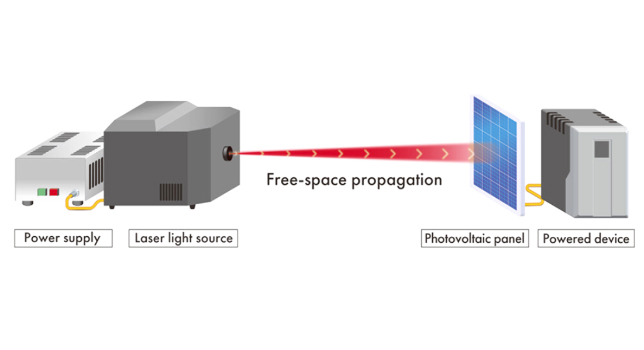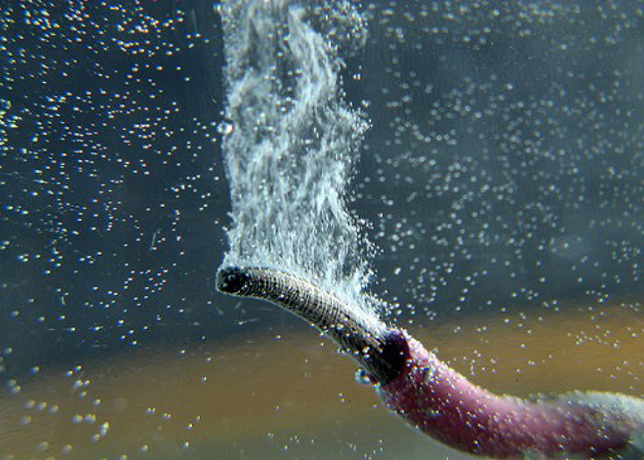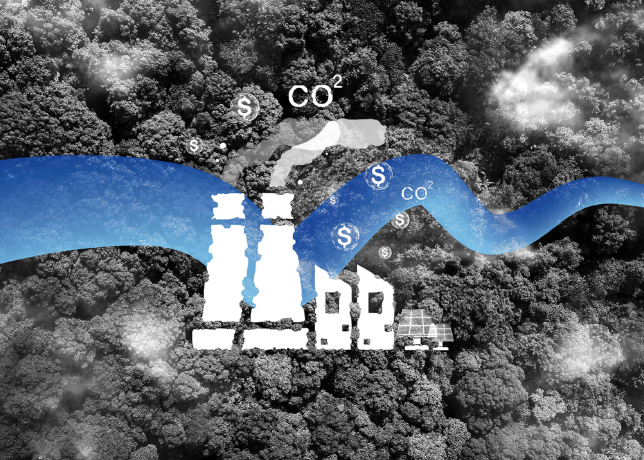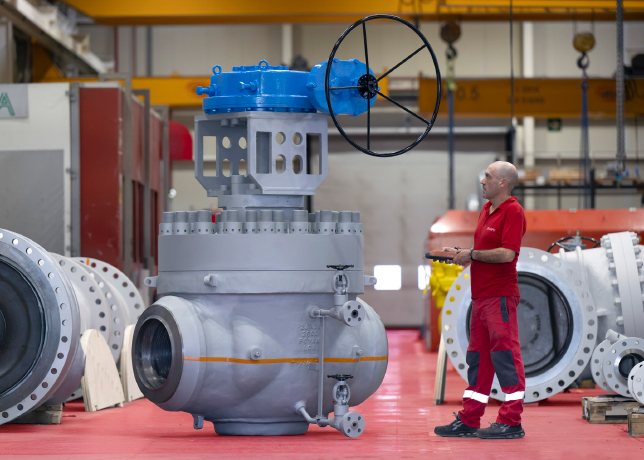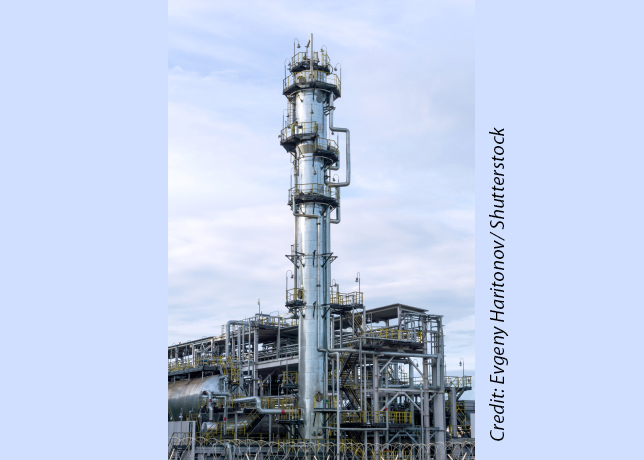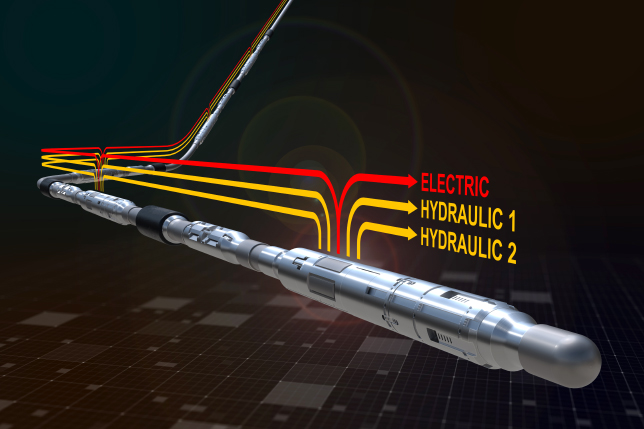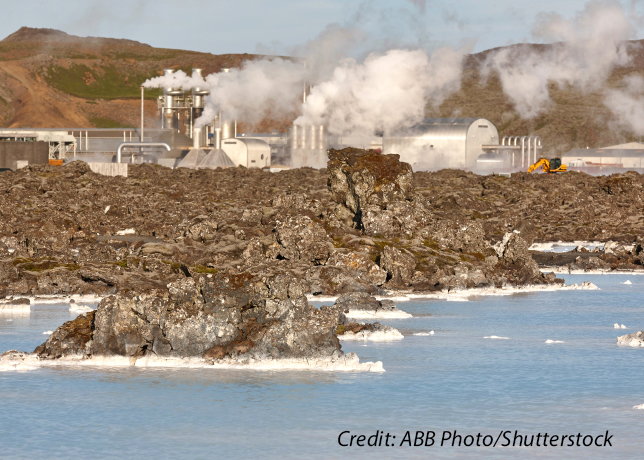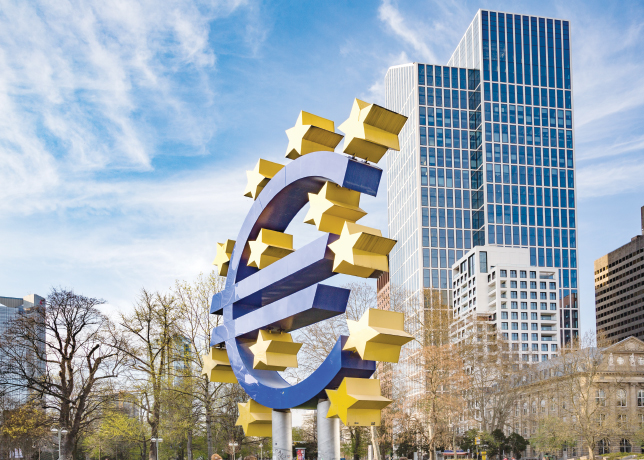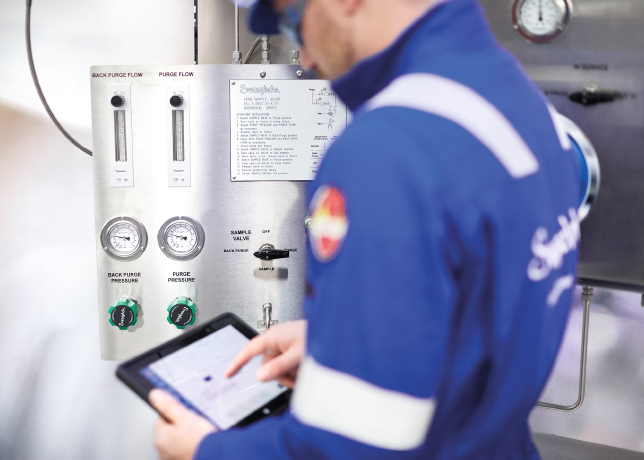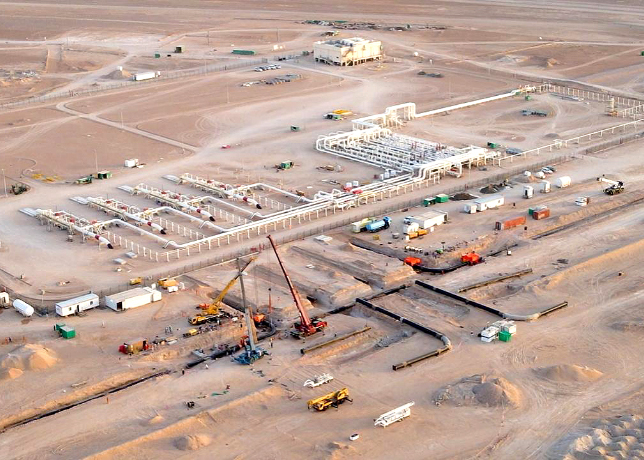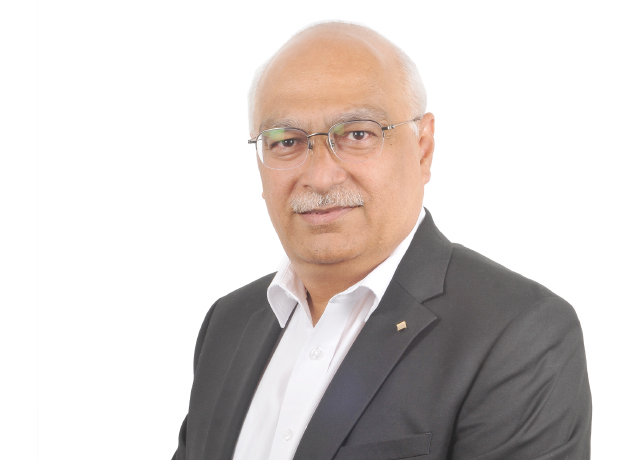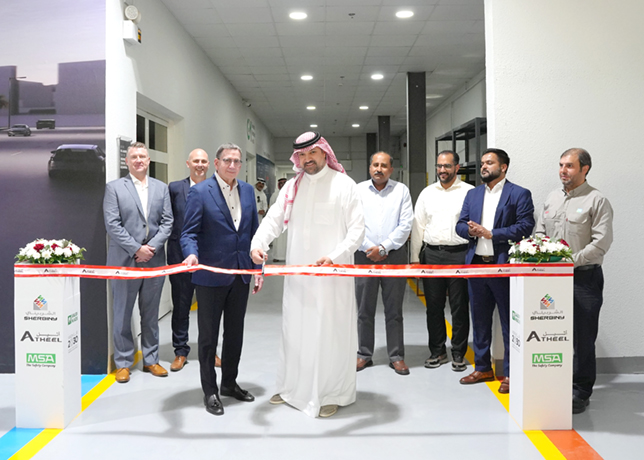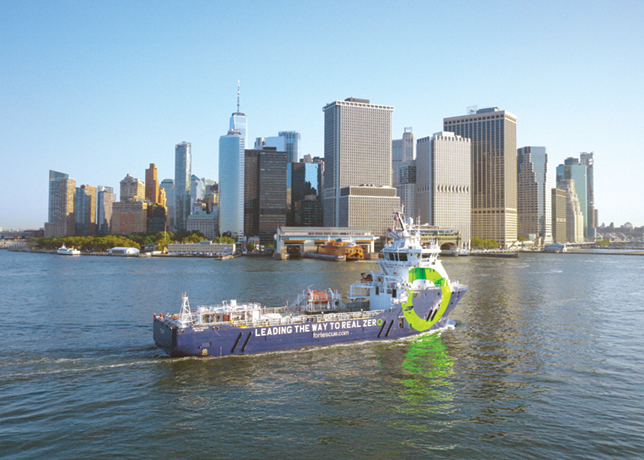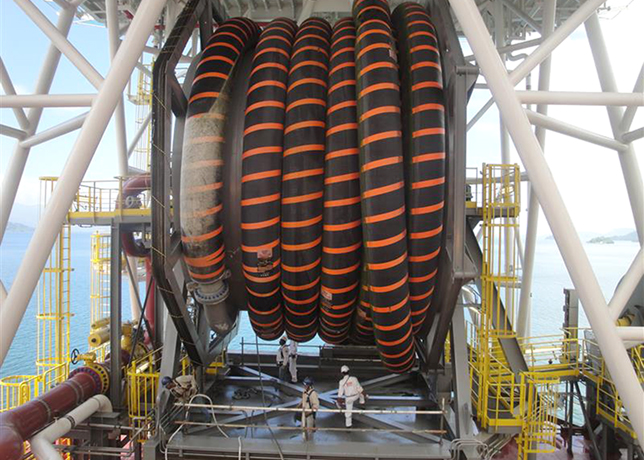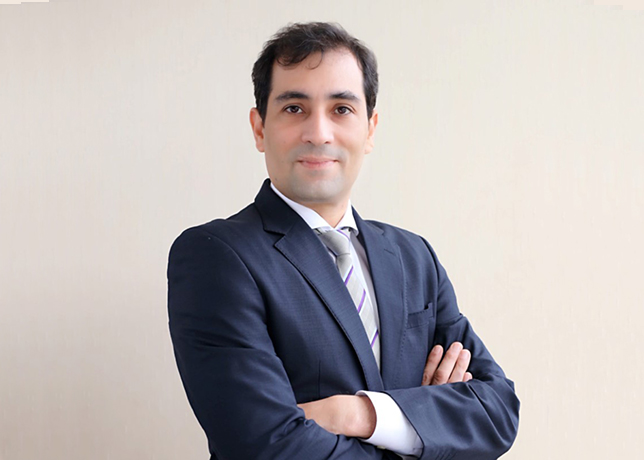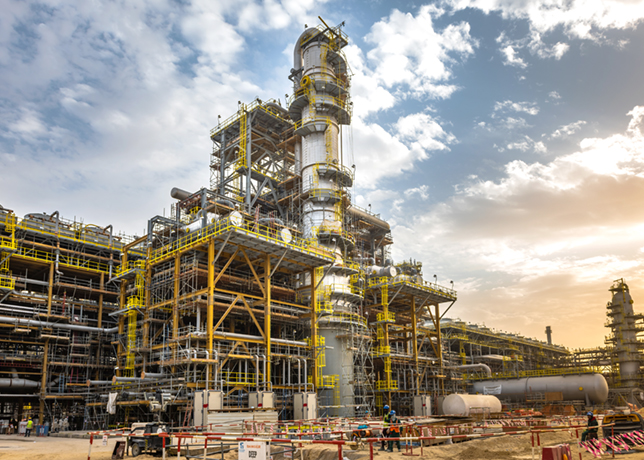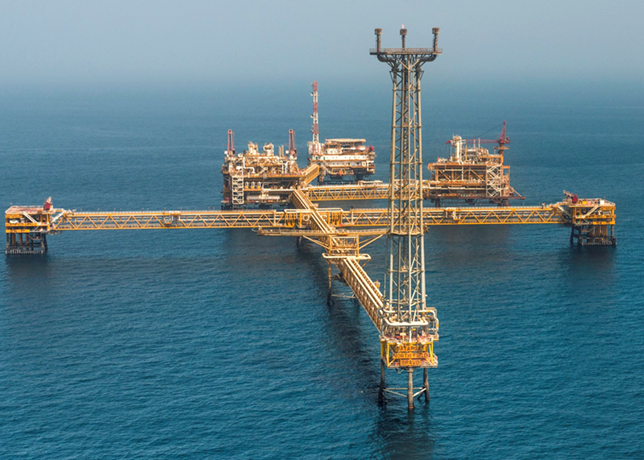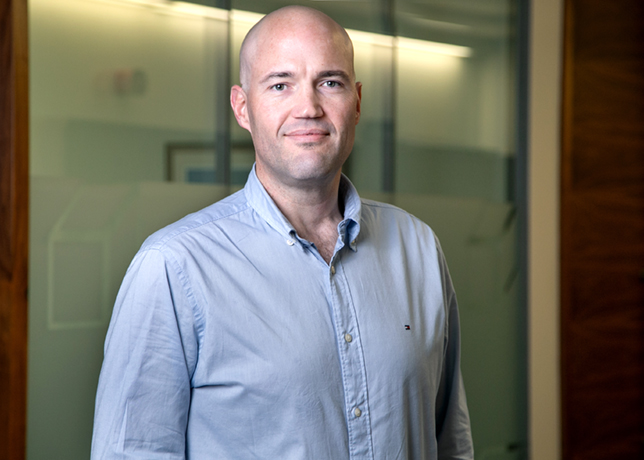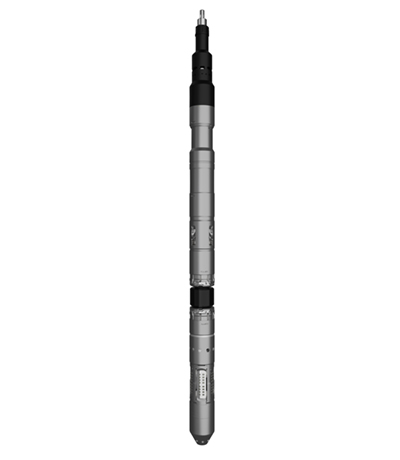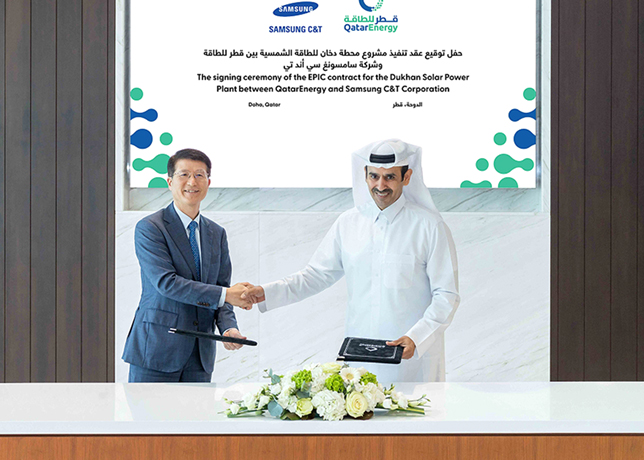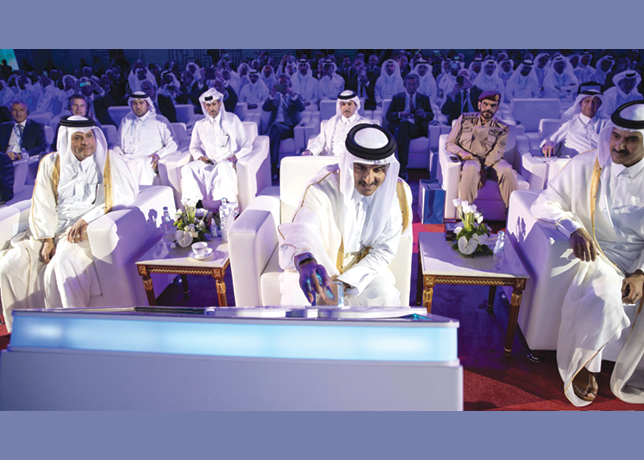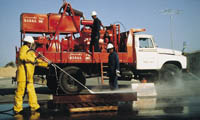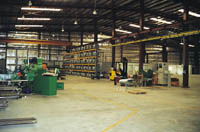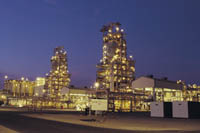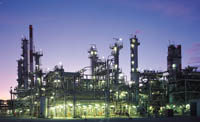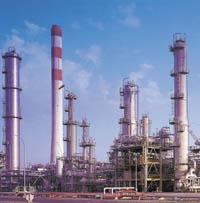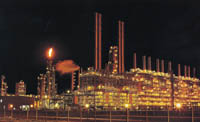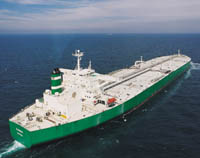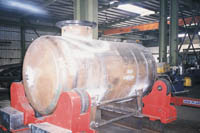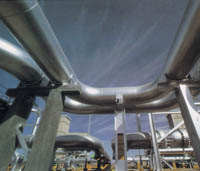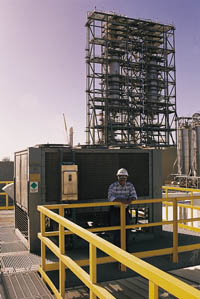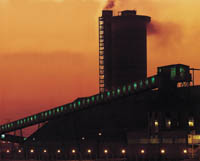
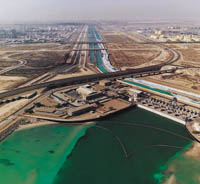
THE MASSIVE developments which have taken place in Jubail and Yanbu, from the setting up of utilities to the planning of residential communities, has been the responsibility of the Royal Commission for Jubail and Yanbu.
The Commission maintains a commitment to providing all infrastructure and related services to the cities when required.
The coming years will see the Royal Commission overseeing a huge addition of infrastructure as new plants come onstream and existing plants are expanded.
Approximately $20 billion has been spent on infrastructure and services in Jubail and Yanbu since the cities were established, although projected demands show that massive additional investments will be required.
The pressure is most on the country's utilities and transport systems. Industrial and population growth in the Kingdom means that demand for electricity is growing by 5.5 per cent per year.
This demand will, according to some estimates, require government spending of around $117 billion to treble its installed power generating capacity to 69,000 MW by 2020 and add the necessary transmission and distribution facilities.
Power shortages in recent years have prompted some industrial users to look to the private sector for power supplies.
In addition, increasing pressure on water resources for residential and industrial purposes will require around two million cu m per day of desalination capacity to be added over the next ten years to the existing capacity of 5.4 million cu m per day, according to other estimates.
For the Royal Commission's part, it is now making strenuous efforts to reduce its dependence on government support in the provision of infrastructure.
The setting up of a $666 million utility company for Jubail and Yanbu is certainly one step to this ultimate aim, and is seen as part of the government's policy of expanding the economic base of the Kingdom, diversifying income and encouraging the private sector to play a bigger role in the country.
The new company, called Marafeq, has been set up as a public company with a capital of $666 million divided into 50 million shares.
The four main founders of Marafeq - the Royal Commission of Jubail and Yanbu, the Public Investment Fund, state oil firm Saudi Aramco and Sabic - will hold a 24.77 per cent stake in the company with the rest being held by other investors in the two cities.
The company is expected to take charge of water and electricity supplies and run the sewage facilities in Jubail and Yanbu.
In addition to utility services such as power and water, the Commission has developed an extensive road network which links the various parts of the community and industrial areas, with additional links to regional and national highway systems.
The Jubail Industrial City road network includes a complete hierarchy of roads whose main purpose is to facilitate to movement of people, raw materials and products.
Jubail and Yanbu also have their own airports.
The Royal Commission has always played the crucial role in promoting industry in Jubail and Yanbu.
The Commission cooperates with concerned agencies to attract the private sector.
The Commission also gets involved with human resource development, especially the training and development of the Saudi national workforce.
The Royal Commission was appointed in the early 1970s to manage the development of the two new cities.
One major factor in their initial viability was the Master Gas System, which was built to gather and process associated gas and deliver it, along with crude oil, to Jubail and Yanbu.
Early feasibility studies had identified large tracts of undeveloped land near the historic communities of Jubail and Yanbu Al Bahr, where large-scale industrial complexes could be built.
Both sites had good access to shipping lanes and could accommodate deepwater port complexes. Both enjoyed strategic marketing advantages - Yanbu to the Mediterranean and Europe, and Jubail to Asia and the Far East.
Meanwhile, Sabic, Petromin, and Aramco were forming joint-venture partnerships with leading multinational corporations to establish hydrocarbon-based heavy industries in the future industrial areas. Sites in the industrial park were allocated to the newly formed companies, and construction crews began building the first major industrial facilities.
Construction peaked in the early 1980s, when the combined workforce at Jubail and Yanbu numbered more than 80,000.
By 1985, ten years after the formation of the Royal Commission, the first development phase was complete, and all the initial infrastructure, both physical and social, was in place.
Today, more than a quarter of a century after the establishment of the Royal Commission, Jubail and Yanbu host more than 200 industrial enterprises.
The cities' industries have helped the Kingdom evolve from a one-product exporter to a diversified, value-added economy.
They have made Saudi Arabia a world leader in petrochemicals and a major producer of refined petroleum products, compound fertilisers, and other commodities, while providing tens of thousands of jobs.
And all this from the vision of King Faisal bin Abdulaziz, who saw the need for the Kingdom to diversify its sources of income.
He believed that a well-planned programme of industrialisation would achieve this goal, and achieve other important objectives, such as:




